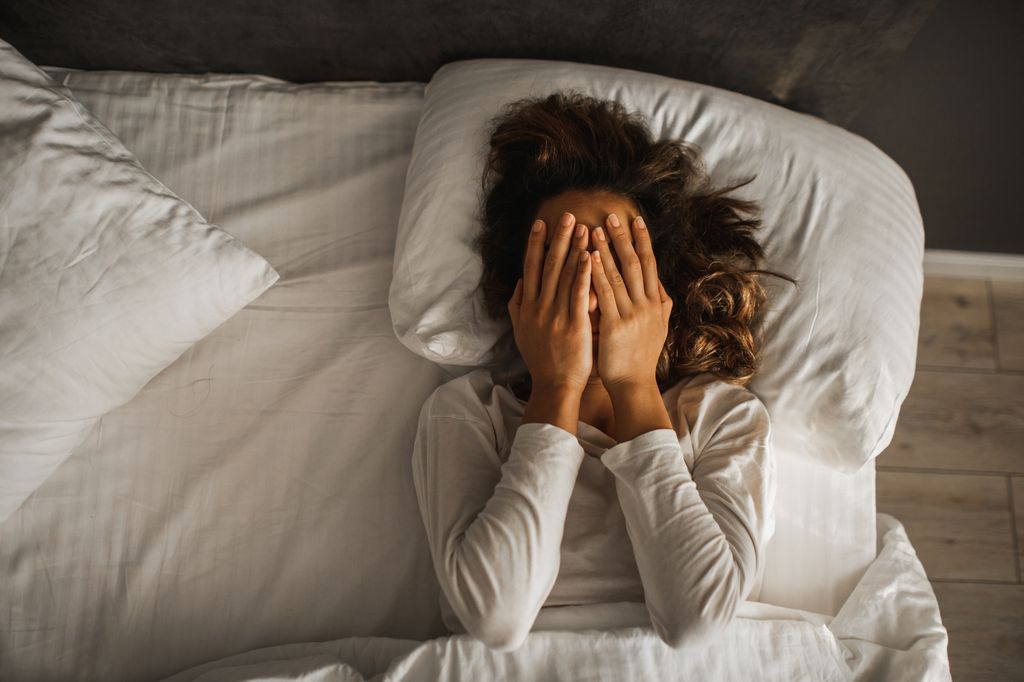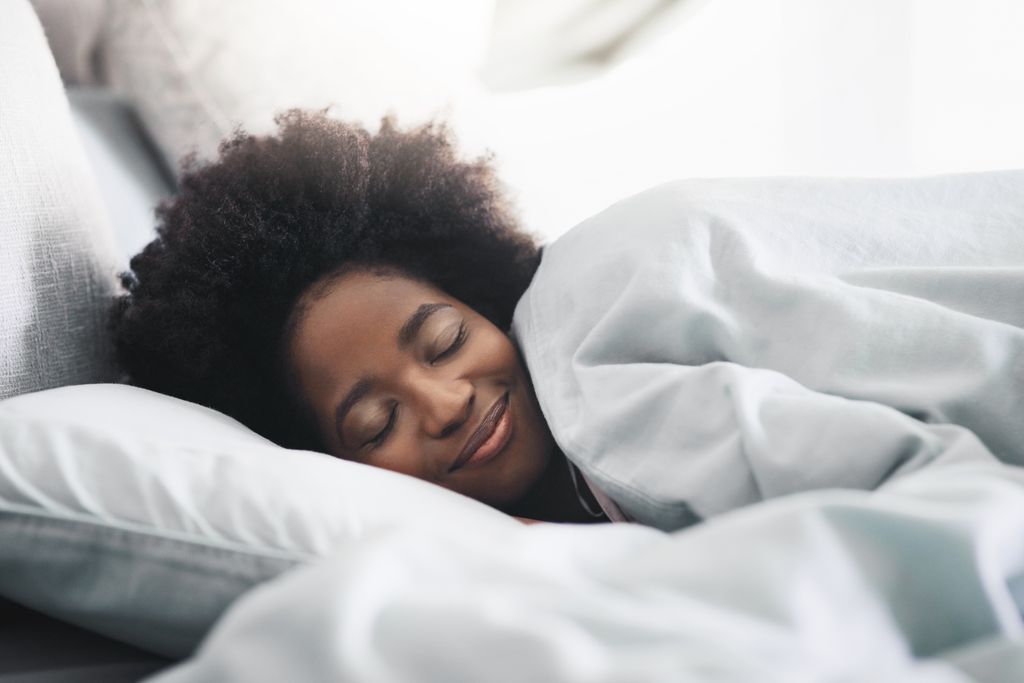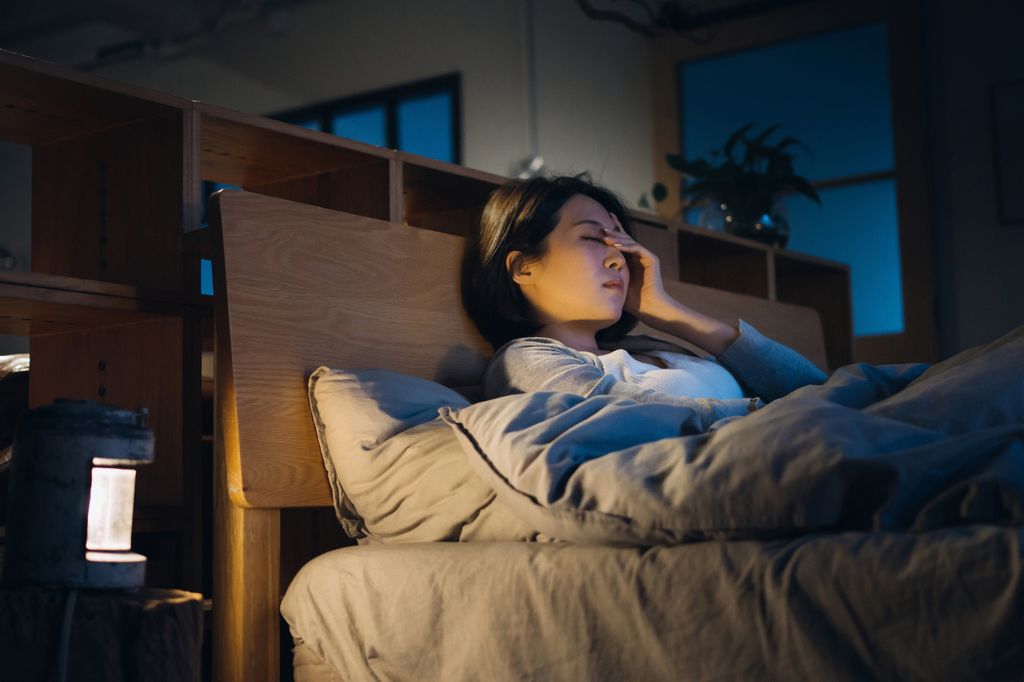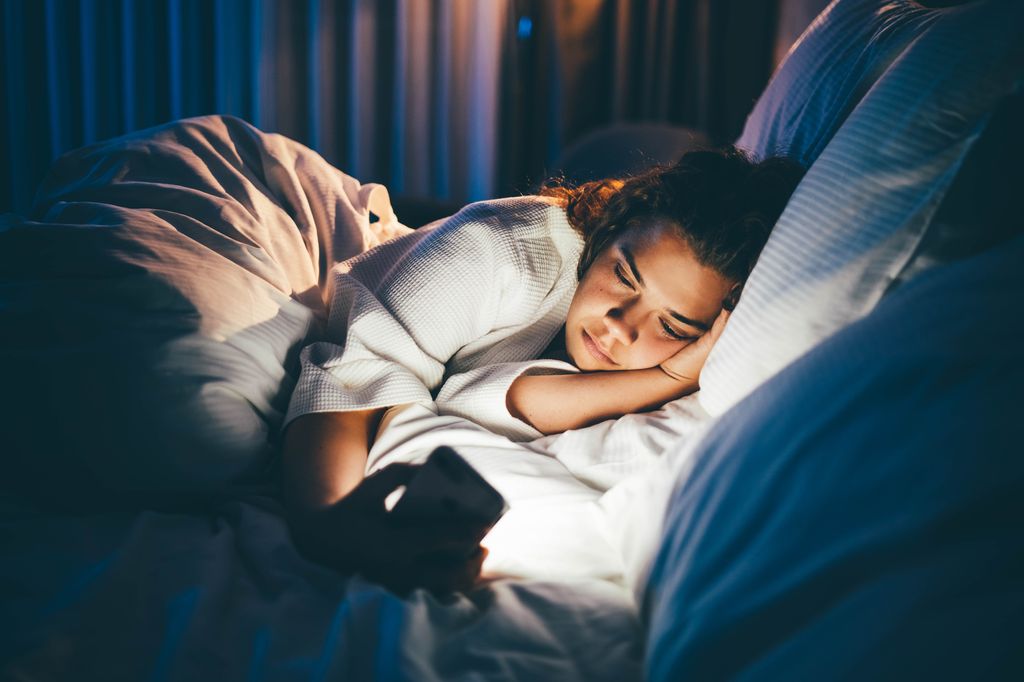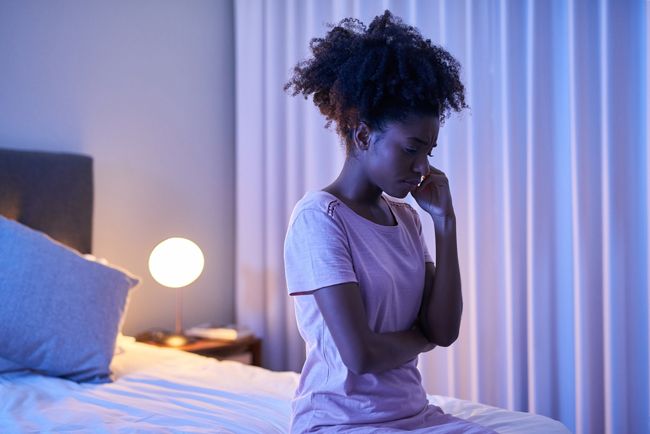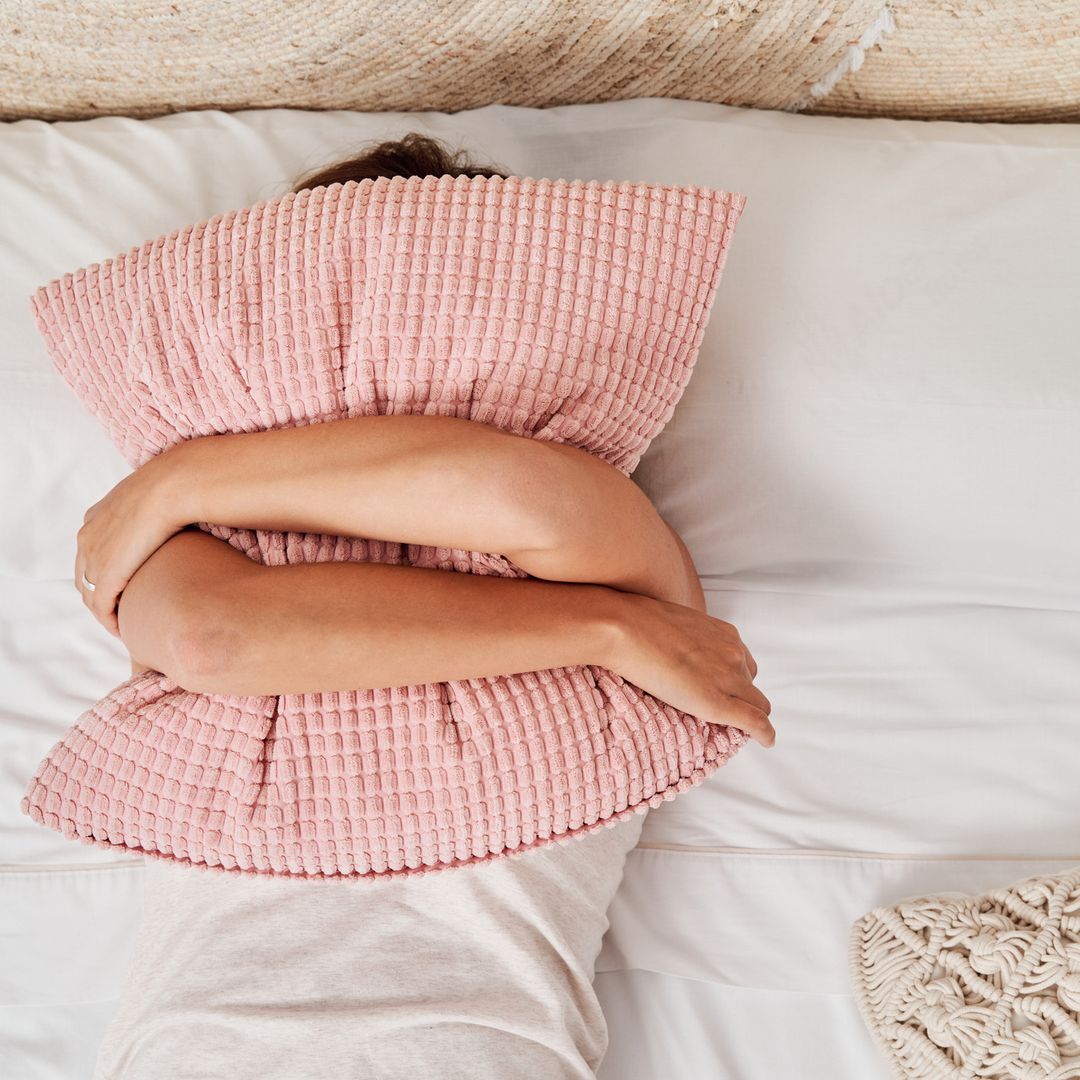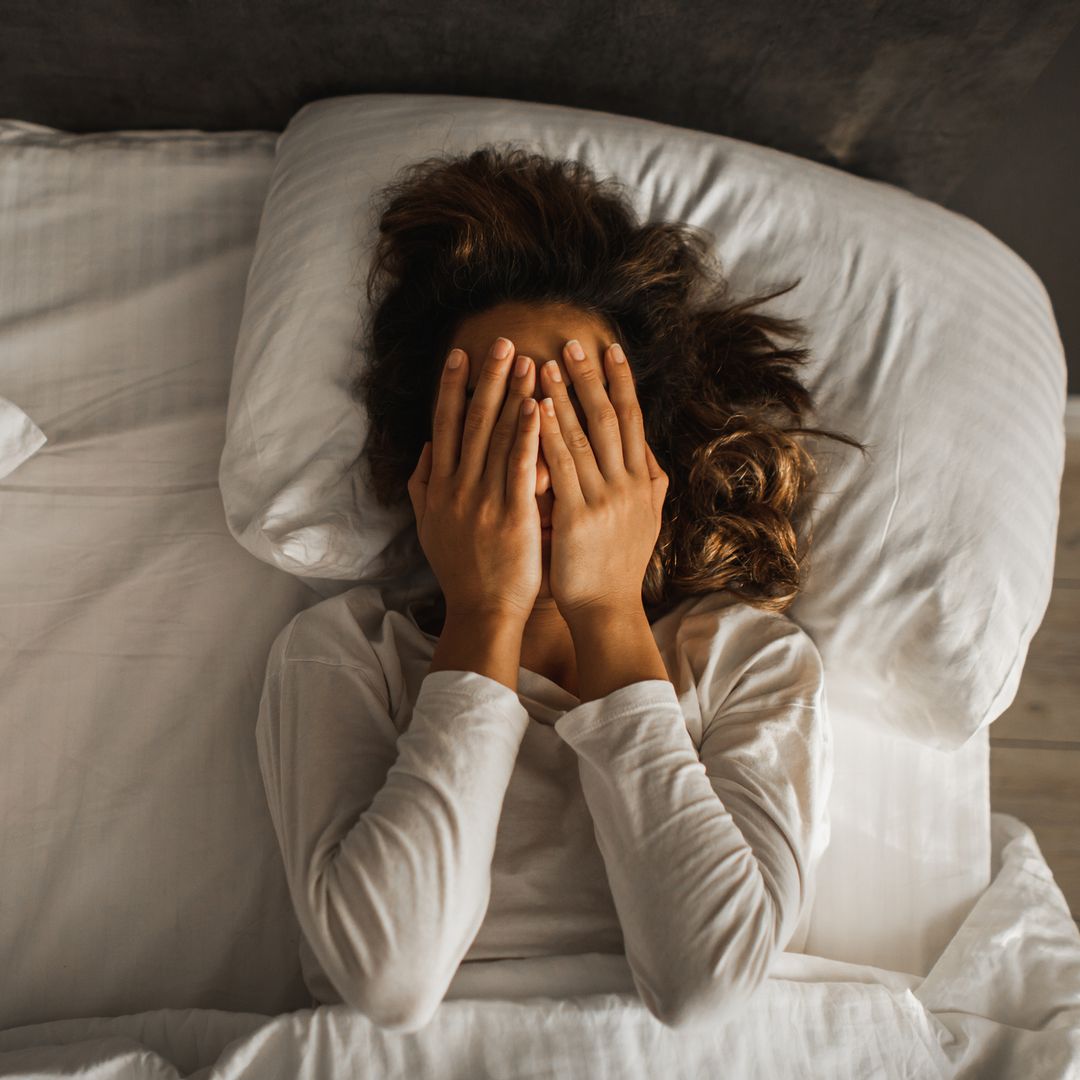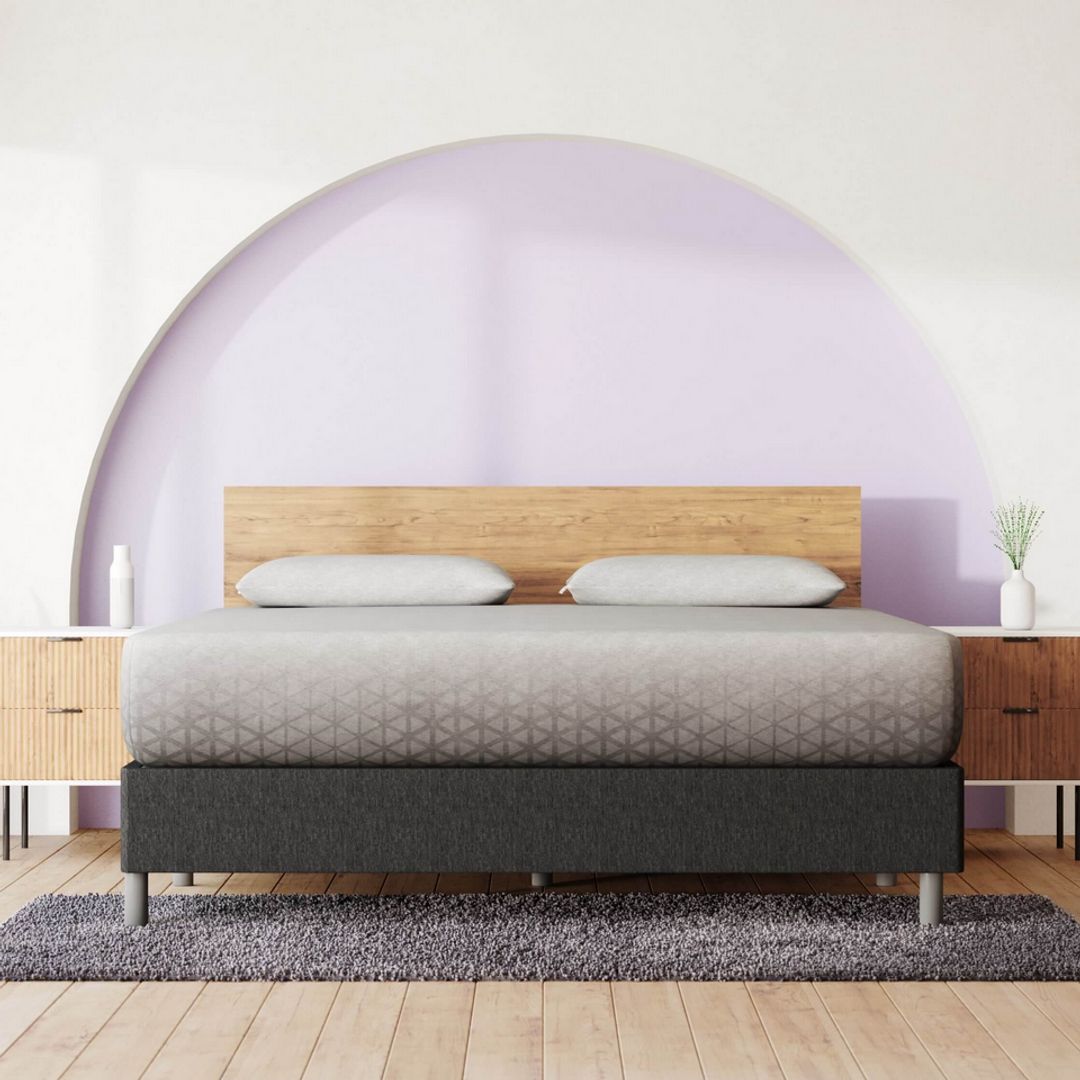When on the quest for a good night's sleep, most people head to Google and discover the widely recommended practice of sleep hygiene. Sleep hygiene advice includes drinking less caffeine, having a wind-down routine, using black-out blinds and meditating before bed.
As an Insomnia Therapist, I often work with clients who diligently follow sleep hygiene tips but still struggle with their sleep. This is because, despite sleep hygiene advice being logical, it can encourage the very behaviours which are sabotaging your sleep in the first place.
Taking the pressure off sleep
Here's the catch with sticking too closely to sleep hygiene rules. The tips such as limiting caffeine, trying breathwork and following a calming routine or having a hot bath before bed are all meant to set the stage for a perfect snooze.
But this strict routine can make you feel like you're gearing up for a major battle which increases vigilance and triggers your fight-or-flight mode. And guess what? Instead of a dreamy sleep, you might end up wide awake in bed or dealing with a night that's anything but peaceful.
There is nothing wrong with having a bath if you enjoy it, drinking sleepy tea if you like the taste or reducing screen time to wind down. But when you are taking on a long list of rituals designed to force sleep, this is when sleep hygiene advice can become part of the insomnia problem.
Good sleepers Vs poor sleepers
Differences between good sleepers and poor sleepers are notable. Good sleepers simply trust the process and accept the occasional rough night without a second thought. On the flip side, poor sleepers tend to accumulate anxiety and stress around sleep, making them overly vigilant.
They then get stuck in a cycle of trying more sleep hygiene tips, buying more gimmicks and trying so hard to sleep that it becomes impossible to achieve. We are not designed to sleep well under pressure.
Poor sleepers tend to have catastrophic style thoughts around sleep, for example, 'I never sleep well', 'I'll make a mistake if I'm tired', or 'I'm not a good parent when I'm tired'.
RELATED: Is this bedtime habit ruining your sleep?
By re-evaluating our expectations and acknowledging that sleep patterns naturally fluctuate, and it’s normal to have the occasional bad night’s sleep, we can reduce the anxiety surrounding bedtime, promoting a more relaxed approach to sleep.
The myth of eight hours
One common misconception perpetuated by the sleep industry is the idea that everyone should achieve eight hours of sleep each night.
As someone who works with poor sleepers, I know that this one-size-fits-all approach simply doesn’t work for everyone. The reality is that we all vary in our sleep needs and placing undue pressure on achieving a specific number of hours can lead to increased stress and anxiety, which, ironically, contributes to poor sleep. Research confirms that quality often trumps quantity when it comes to sleep.
Read on for my top tips for better sleep
1. Increase your appetite for sleep
Rather than focussing on the amount of time spent in bed, it's important to prioritise building your natural appetite for sleep - your sleep drive. The longer you are out of bed and awake - the stronger your appetite for sleep will be.
To enhance your sleep drive, go to bed later and set your alarm earlier. It might sound counterintuitive but in the short term you will be creating a natural drive for sleep and your body will then crave it, meaning you fall asleep quicker and wake less.
DISCOVER: Orthosomnia is on the rise – what are the symptoms and how do you cure it?
2. Leave the bedroom when you wake
Associating the bedroom solely with sleep is key to reinforcing a strong connection between the bed and rest.
If you find yourself awake in the middle of the night, resist the temptation to stay in bed and worry about not sleeping. Instead, leave the bedroom and do something you enjoy such as reading a book or watching TV, until you feel sleepy again.
This practice not only breaks the connection between waking and staying in bed, but it also reduces anxiety and stress around sleep as you are no longer actively trying to get back to sleep.
3. Manage anxiety
Anxiety is a common culprit when it comes to disrupted sleep. Whether stress triggered your insomnia or has become part of the cycle which keeps it going - managing it effectively can significantly improve not only your sleep quality, but also your energy level as anxiety is exhausting.
One practical strategy is to spend time every day with a pen and paper writing down everything in your mind in a 15-minute window. Usually, we try to ignore or block our worries but acknowledging them in this way helps to prevent worries from dominating your mental space when trying to sleep.
You can also gain a different perspective when you see things in black and white and work on asking yourself if these worries are real or hypothetical. Real worries we can create a plan for, hypothetical ones we can acknowledge are a concern but haven’t yet happened so we can let them go.
One of the main tools I encourage everyone I work with to work on is cultivating coping beliefs – such as the belief that you can cope with less sleep. If we can start to believe that however tired we are, we will get through the day, then this takes the pressure off sleep - making it more likely to happen naturally.
DISCOVER: Why can't I sleep during menopause? The real reason
Moving forward
While sleep hygiene is a widely promoted concept, blindly adhering to it simply isn’t the answer for everyone.
Instead, acknowledge your own sleep needs, adopt a flexible mindset, and incorporate evidence-based CBT-I strategies such as increasing sleep drive and managing anxiety, to help develop a more sustainable and effective approach to achieving restful nights.
Kathryn Pinkham is the founder of The Insomnia Clinic, one of the UK’s only specialist insomnia services. Kathryn developed the highly acclaimed Sleep Well, Live Better course which has helped over 3,000 people cure their insomnia or simply improve their sleep. Find out more about The Insomnia Clinic’s Sleep Well, Live Better course.


